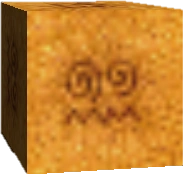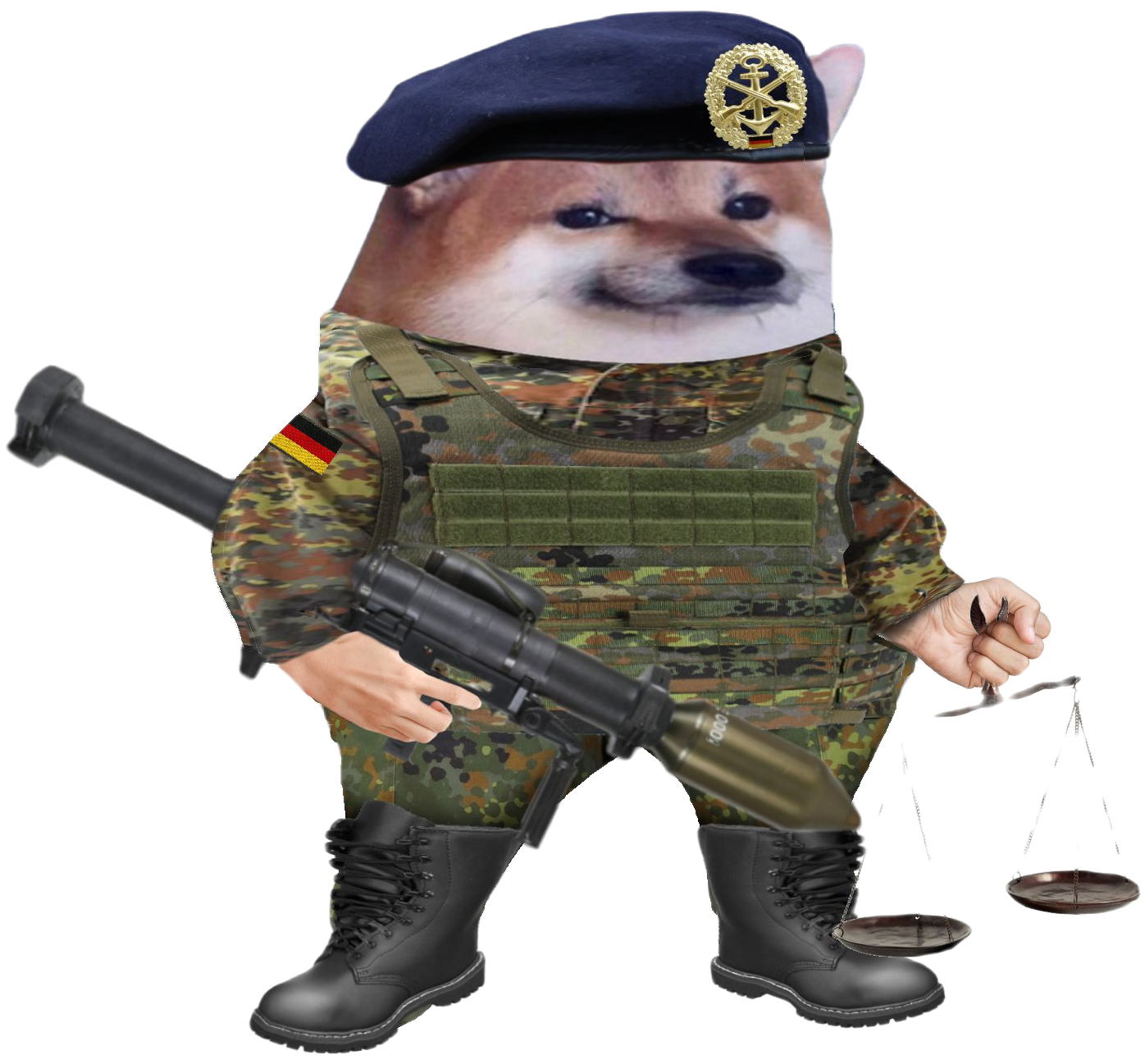What exactly is the lesbian agenda? Build better decks? Pockets on all women’s clothes? Better rates at U-Haul?
CARGO SKIRTS!
That alien is a fellow Dvorak user! (aoeu is the Dvorak equivalent of asdf)
Maybe Lesbian Agenda is a noteworthy band in the Beijing post-punk scene or something?
I went to college in Alabama (southern USA) and my very country barber was mostly unintelligible but one day, mid-sentence, the words “statutory rape” very articulately came out of his mouth and I still wonder what the fuck that was all about.
my barber (closet Reform, but never says it because he knows he’d lose customers):
-
“these left-wing protesters, very hateful people aren’t they?”
-
“doesn’t the earths temperature fluctuate anyway?”
(I’ve mentioned to him what the protests are about, and that we have ice record data showing unprecedented CO2+methane along with said fluctuations. He’s either partially or willfully deaf.)
Barber talking about politics jfc. That’s why when I still went to a barber I just kept to my Donald Duck comics
-
Try watching an Indian movie. They just randomly use English words in nearly every sentence.
Quite a few languages use loanwords from neighboring languages.
Imagine being a native Spanish speaker and listening to English media. Blah blah blah macho blah blah blah cafeteria blah blah guerrilla blah blah adobe blah blah blah El Nino.
Same with Korean for a lot of new words they just adopted the English one
I once saw a Japanese person post that if you can’t think of a word in Japanese and instead just say the English word in a really racist Japanese accent, then you’ve got about a 50% chance of being right
I started learning Japanese and it quickly became clear where that accent comes from. This comment is about the mechanics, as I understand them, so skip if you dgaf.
Most of their consonant sounds are paired with a vowel sound that follows, eg: ta (tah), te (teh), ti (tee), to (toe), tu (too), though they aren’t always audibly pronounced (eg, in Naruto, Sasuke is the spelling, but it’s pronounced like Saskeh). That’s where the “su” sound sometimes replacing an “s” sound at the end of words comes from, or “ru” replacing an “r” sound. It’s correct with and without audibly pronouncing the “u”, so Japanese speakers might add or omit it based on preference.
They also don’t have all of the consonant sounds we do. Most notable is their lack of an “R” or “L” sound, but they do have a sound that is like a mix of the two. Sasuke’s voice actor pronounces “Naruto” with that sound instead of an “R” sound. It’s like an R with a slight roll, not as pronounced as in French, but from making an R sound and briefly touching your tongue to your teeth as if you were making an L sound.
They are also missing the V sound, their closest would be the B sound. Their word for GPS navigator is “Nabi”, for example.
And they have so many loanwords from other languages that they even use a seperate alphabet (katanaga) for them. It’s a one-to-one translation from their other alphabet (hiragana). Though even two alphabets wasn’t enough and there’s kanji on top of that, which is another set of over a thousand symbols that help disambiguate their many words that are spelled the same but pronounced differently (basically which syllable the rise in pitch changes to a drop in pitch).
Also, their sentence structure is very different. Like a typical english sentence might go: Subject verb object. Jaoanese sentences are more like: Subject object verb, though, like English, their grammar allows for many variations, and also omissions. Like they can drop the subject entirely from the sentence. Like I could introduce myself as “Buddahriffic desu”, but I could introduce you as “SaraTonin desu”. A direct translation would be “SaraTonin is” or “Buddahriffic is” and you’d need to figure out who the subject is using context.
The end result is that I’m impressed with any Japanese person who can speak english well enough to communicate, let alone if they are fluent, because it’s a lot more than I was able to do with theirs, unless the necessary communication is very basic.
Oh one more tidbit: the Japanese use “ne” (neh) similarly to how Canadians use “eh”, which works like adding a “right?” to the end of a statement (or an audible extra question mark to a question).
Couple minor nitpicks, just for the sake of knowledge sharing:
ち is usually pronounced “chi” instead of like “tee,” though is often written as “ti” in Kunrei romanization to be consistent with the other characters in its set. Hepburn romanization usually writes it as “chi” however, and is the more widespread (e.g. Sapporo Ichiban beer instead of “Itiban”; the protagonist of Spirited Away is named Chihiro instead of Tihiro, etc.)
It’s also called “katakana,” not “katanaga”. “Kana” is the term for syllabary (the consonant-vowel pair we see) and K is often voiced to G for compound terms. Hiragana means “even syllabary” because it could be written smoothly in a cursive-like format. Katakana is “fragmented syllabary” because its shapes derive more directly from pieces broken off from Chinese characters.
Katakana actually developed before hiragana, with hiragana being considered less refined (it was a “woman’s” script). But hiragana’s ease of writing helped it catch on as the default script over time, with katakana being reserved for words with emphasis. It’s commonly used for loanwords (but not universally so) because it’s similar to how “proper” English italicizes foreign terms that have not been totally subsumed into the vocabulary.
Lol thanks for the reminders with the corrections. Funny thing was I had started with S, then remembered shi, so switched to T. Should have done K instead. T also has tsu instead of tu, so even S would have been more correct than my “correction”.
I think I might have initially had katakana written down but second guessed (though I did initially misspell it again right here, so it was probably another one that started wrong and was corrected wrongly).
And yeah, the origin of hiragana has a story of overcoming oppression. From women not being allowed to use katakana to them just deciding to invent a new alphabet so they could write anyways, and apparently being better at it because that’s now the main alphabet, it’s like the hero’s journey.
The worst part is you have to do the accent. You can’t say すみません、hamburger をお願いします, you will watch them say back in their heads to figure out wtf you just said.
When I was a child my mother worked at night to deliver newspapers. A lot of her colleagues were Turkish and German was only spoken when it was relevant for all or explicitly for my mother and step father.
I could often hear conversations held in Turkish interrupted with German words like “Steuererklärung” (tax declaration) or “Finanzamt” (German tax authority) but my personal highlight was when a Turkish outburst was followed by a “Du Schofseckl” which is a very local way to call someone names.
Just imagine someone talking to you in a foreign language and ends with a term your grandfather used to berate stupid neighbors.Schofseckl is such a heavy dialect insult that my norther ass had to reread that word a couple of times to find out what it meant. Guess they integrated well, much better than I would because I’d refuse to on principle.
If I’m parsing that correctly, it means “you sheep’s bag”, referring to its scrotum. 😀
#HeKnows 🧡🧡🤍🤍💗💗
Who
He
Who’s he
The one who knows
Cmonnn just tell me :(
I‘m sorry, but
spoiler
I have no fucking clue as well
😑
那不是普通话,那是三体人语。
如果回答,我们就会到来。
你的世界将被占领
不要回答。不要回答。不要回答。That’s not Putonghua (Mandarin), that’s the Trisolarian Language
If you reply, we will come.
Your world will be conquered.
Do not answer. Do not answer. Do not answer.Edit:
Also, Important PSA to English speakers:
If you hear Mandarin speakers say a word that sounds like the N-Word, its NOT that word I promise; its 那个 (nà gè) meaning “that”. Please don’t mistaken lol 😭
Also in Cantonese, there’s also a 衣架 (pronounced like: “yi gaa”) meaning “clothes hanger”.
That was amazing! Thank you for the link!











